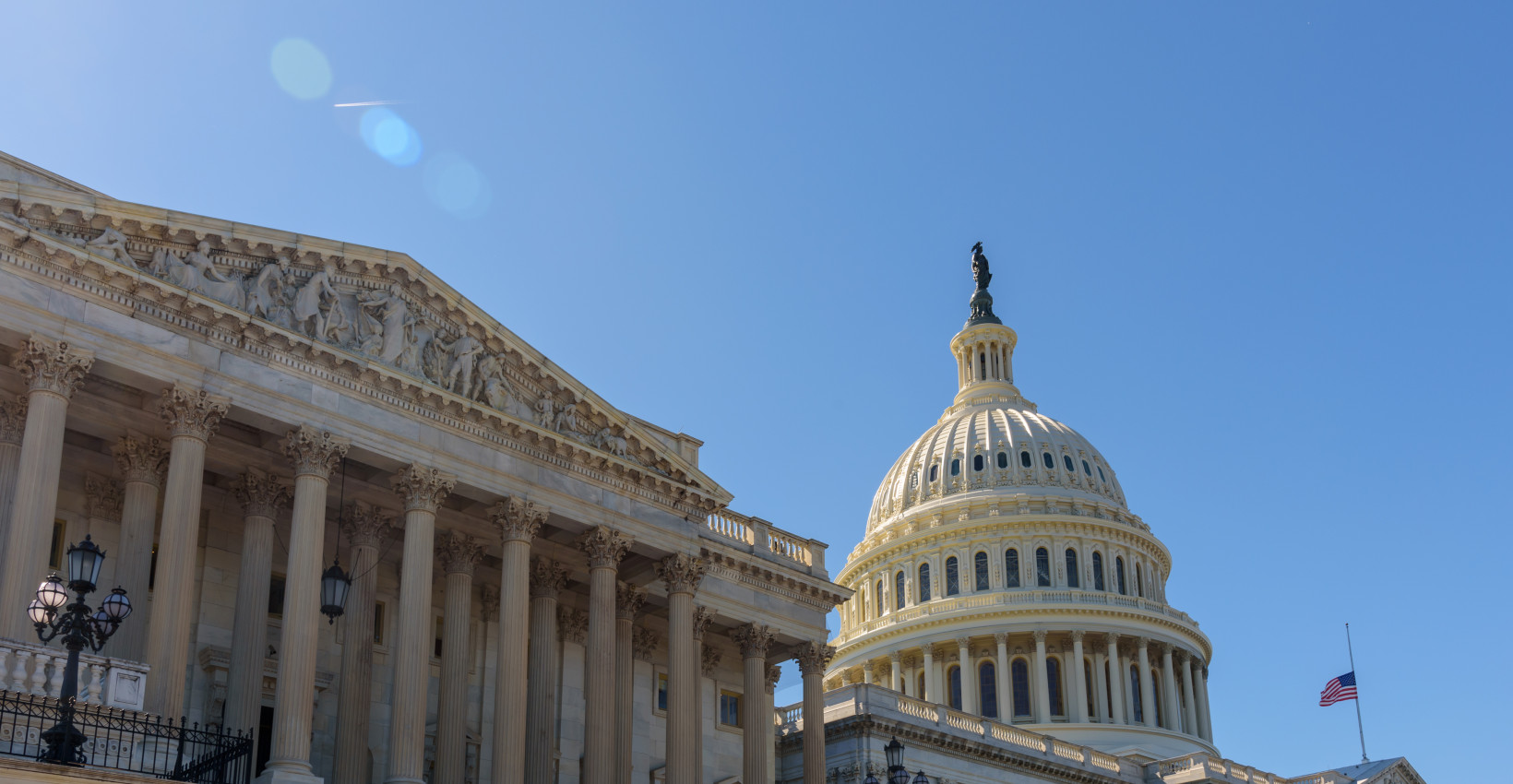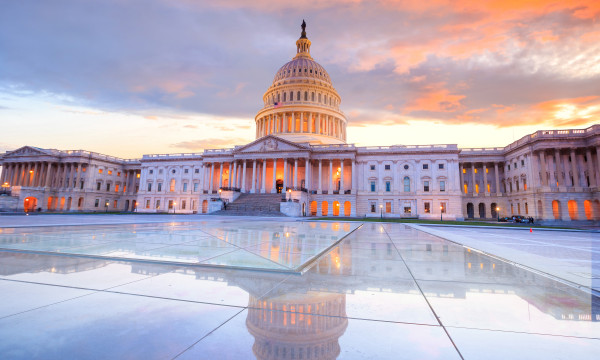An update on stalled retirement legislation

If you’ve kept an eye on the news lately, you’ve probably heard that proposed retirement plan legislation is at a standstill for the moment as Congress focuses on non-retirement-related matters. Even so, industry experts are expecting retirement legislation to be passed next year, whether as a standalone bill or as part of a larger omnibus bill. Read on for an update on where the most significant retirement plan proposals currently stand.
Build Back Better Act. The Build Back Better Act had an original price tag of $3.5 trillion and included several retirement plan provisions. The House passed a $2.2 trillion version of the bill in November; however, the legislation is currently stalled in the Senate and, if passed, will likely be trimmed to less than $2 trillion. The retirement plan provisions were eliminated from the bill before it was sent to the Senate.
House SECURE Act 2.0. We previously reported that the House Ways and Means Committee, on a unanimous voice vote in May, advanced the Securing a Strong Retirement Act of 2021 out of committee. The bill, known as SECURE Act 2.0 because it builds on the original SECURE Act that was passed in December 2019, has not yet been taken up by the House as a whole.
Senate SECURE 2.0 Companion Bill. We’ve also previously reported on the Senate Finance Committee’s Retirement Security and Savings Act of 2021, which is seen as a companion bill to the House’s SECURE Act 2.0 because both bills have many overlapping provisions. Like the House bill, the Senate bill has not yet been taken up by the full Senate.
House RISE Act. In November, the House Education and Labor Committee unanimously advanced the Retirement Improvement and Savings Enhancement (RISE) Act of 2021 out of committee. Key provisions include:
- Creating a “retirement lost and found” database, allowing workers to locate retirement savings from previous employers
- Allowing employers to offer de minimis financial incentives — for example, gift cards — to increase participation in retirement plans
- Requiring participant account balances of $7,000 or less (increased from the current $5,000 threshold) to be automatically rolled over to an IRA if a participant does not make a distribution election upon termination of employment
- Allowing employees with two consecutive years (reduced from the current three years) of at least 500 hours of service to participate in the elective deferrals portion of a plan
The House Ways and Means Committee and the House Education and Labor Committee have shared jurisdiction over retirement plan matters. The RISE Act is seen as the Education and Labor Committee’s assertion of its jurisdiction over retirement plan legislation. According to Education and Labor Committee Chairman Bobby Scott (D-VA), the RISE Act is expected to be merged with SECURE Act 2.0 before being voted upon by the full House.
The above bills have many overlapping provisions, similar policy goals, and broad bipartisan support, leading Congressional experts to believe that retirement plan legislation is likely to be passed into law in 2022. Until then, we’ll continue to update you on the status of any significant legislation introduced in Congress.
Learning Center articles, guides, blogs, podcasts, and videos are for informational purposes only and are not an advertisement for a product or service. The accuracy and completeness is not guaranteed and does not constitute legal or tax advice. Please consult with your own tax, legal, and financial advisors.




